Introduction to Trend Spotting
Spotting trends early and knowing when to align with them is one of the most valuable skills in business. It’s a bit like peering into a crystal ball. Timing is everything: bet on a trend too early and you’re dismissed as eccentric. Bet too late and the wave has already passed you by. The people we celebrate, such as Nikola Tesla, Henry Ford, and Steve Jobs, succeeded not just because they saw the future, but because they acted on their insights at the precise moment the world was ready.
What Makes a Trend?
A true trend is more than a passing fad. It’s a directional shift that continues to gather momentum without showing signs of reversal. Several such forces are reshaping industries in ways no business, especially communications service providers (CSPs) and their ecosystems, can afford to ignore.
Identifying Current Trends
Here are five trends that are accelerating with no sign of slowing:
- Longer Lifespans: Advances in medicine, vaccines, and technology mean people are living longer than ever before. Diseases that once decimated populations are largely under control, creating new demands across healthcare, insurance, retirement, and consumer services.
- Bigger Populations, Smaller Families: Global population has crossed 8 billion and continues to rise. At the same time, family sizes in most developed regions are shrinking. The combination creates new consumption patterns and pressures on infrastructure, resources, and digital services.
- Physical to Virtual: CDs gave way to music streaming, servers to the cloud, offices to remote work, paper files to cloud storage, in-person consultations to telehealth, physical connections to wireless, and bricks-and-mortar shops to online buying. The virtualization of products, services, and interactions is now a default expectation.
- Recurring Subscriptions: The “as-a-service” model has transformed the way we consume technology, and it’s spreading to categories once thought unserviceable. From devices to appliances to software, recurring revenue streams are replacing one-time purchases.
- Consumption and Usage-Based Models: Why pay for idle capacity? Cloud computing popularized pay-per-use, but the principle extends far beyond IT. Cars that sit idle, planes that fly half-full, these are inefficiencies ripe for disruption. Businesses that reduce waste through flexible, usage-based models will thrive.
Implications for CSPs
When you put all these forces together: longer lives, more people, smaller households, virtualization, recurring revenue, and usage-based efficiency, the picture becomes clear. We are heading toward a marketplace dominated by consumption-based, recurring, virtual services sold in smaller and smaller units (per hour, per minute, per byte). This model won’t be limited to technology; even professional and managed services will increasingly be packaged and sold in slices of consumption.
For CSPs and their partners, this is both a challenge and a massive opportunity. Those who adapt their business models to embrace micro-transactions, flexible service delivery, and on-demand scalability will be best positioned to capture the future of digital marketplaces. The question is no longer if these shifts will happen, but how fast. And more importantly: are you ready to ride the wave—or risk being left behind?
Conclusion
In conclusion, the ability to identify and adapt to emerging trends is crucial for businesses, particularly CSPs, to stay ahead in the evolving digital landscape. By understanding and leveraging the trends of longer lifespans, bigger populations with smaller families, the shift from physical to virtual, recurring subscriptions, and consumption and usage-based models, companies can position themselves for success in the future. It’s about being ready to pivot and innovate in response to these changes, ensuring that your business model is flexible, scalable, and aligned with the demands of the new digital economy. The future is not just about seeing the trends; it’s about acting on them at the right moment to secure your place in the market.



